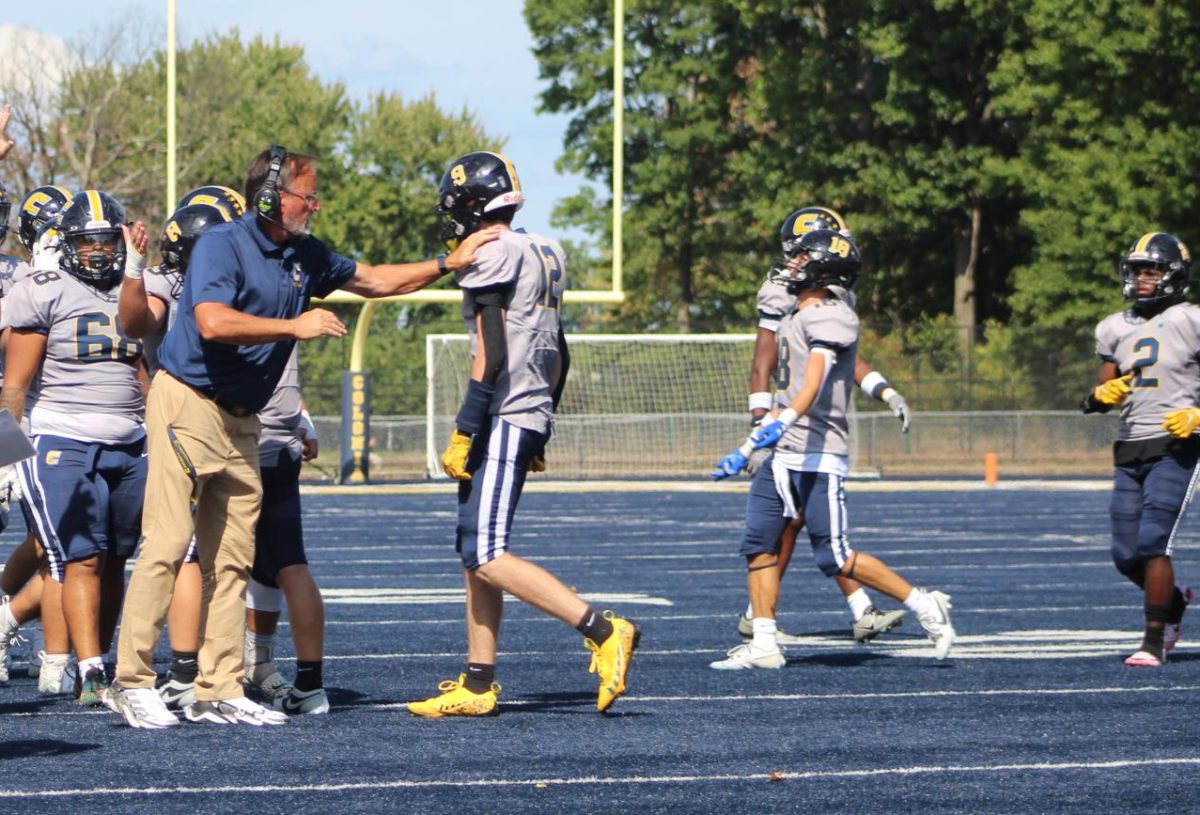Coaches are more than just instructors; they shape student-athletes beyond sports, influencing their character and future success. Their mentorship and communication skills can inspire greatness in athletes, but also hinder their growth.
Influencing personal and athletic growth.
A Coach’s guidance often exceeds sports skills. Through clear communication and positive mentorships, coaches instill a sense of discipline and work ethic that many athletes carry on outside of sports. Researchers from the American Psychological Association indicate that effective coaching is strongly correlated with mental health and well-being. They show us how a coach’s approach can help athletes manage stress, resilience, and maintain focus on and off the field.
Many times, a coach’s perspective is to push athletes to their full potential; however, this motivation can lead to a source of pressure. Highlighting the importance of a balance between discipline and support. Jill Bachonski, the head coach of girls’ basketball & track, states, “Coaches are mentors towards student-athletes and encourage them to give their best effort even if they don’t know what that is yet.” While the coach must challenge athletes to work hard, it’s also good to ensure they feel encouraged and valued throughout the process.
From an athlete’s perspective, they look to their coaches for validation and direction. This can be depicted through motivation and communication. A coach’s communication can significantly impact the confidence of a player. A student-athlete at Colonial High School states, “My coaches push me for excellence through giving me motivation to keep on playing even when I’m not performing well”.This shows us that athletes perform better when they often feel supported by their coach, compared to others who face harsh criticism without a balance of encouragement.

Impact beyond sports
Coaches just don’t prepare athletes on the field, but for life. Many athletes credit their coaches for teaching the responsibilities of time management, resilience and many other qualities that contribute to academic and professional success. Through mentorship, coaches can shape their athletes beyond sports. Little do coaches know, but they can become lifelong mentors, offering advice on sports, education, career paths, and challenges. A study by the Journal of Sports Science finds that 80% of former student-athletes who often had a strong bond with their coaches felt more prepared for their lives after sports.
Balancing encouragement with discipline
The toughest challenges of coaching are finding a good balance between discipline and encouragement. While discipline is mandatory to build structure and accountability within athletes, too much can lead to stress and resentment. However, looking for ways to inspire those showing effective communication, emotional intelligence, and integrity can help build a sense of encouragement rather than a rigid relationship with an athlete.
While coaches are among the most influential figures in a student-athletics life, shaping their athletic skills, mental resilience, and overall personal development can not only shape them for a better future in sports but for the rest of their lives.











